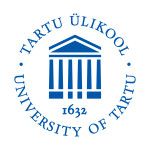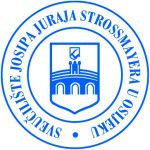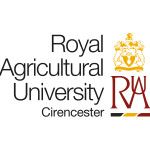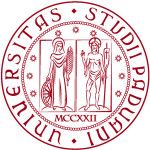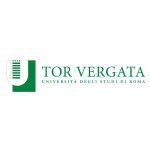About the program
Master
Degree
English
Language of instructions
2 years
Years of study
Full-time
Study mode
Estonia, Tartu
Location
Bioengineering supports the fast-growing fields of industrial biotechnology and circular bioeconomy that are expected to become the key solutions for humanity’s goal to achieve biosustainability of our planet. There is also a growing need for specialists in bioengineering as industrial biotechnology and synthetic biology will be the basis of industrial revolution of the 21-st century. The Bioengineering programme is an interdisciplinary curriculum which combines different fields of applied biotechnology, synthetic biology, engineering and information technology. The main aim of the programme is to educate specialists with skills and knowledge that will help them to find jobs and contribute to the success of various companies working in the field of industrial or medical biotechnology, circular bioeconomy, bioprocessing etc. The graduates will have an understanding and practical experience covering the main industrial bioprocesses, fermentation, design of biological systems, industrial biotechnology, and biomedical technologies. The curriculum emphasises practical training and provides internships in various companies that are active in biotechnology and biomedical technology. Why study at UT? -The programme combines different fields of applied biotechnology, synthetic biology, engineering and information technology. -The Nordic region is one of the fastest-growing hubs in the world in industrial biotechnology. -During your studies, you will gain practical experience in main industrial bioprocesses, fermentation, design of biological systems, industrial biotechnology and biomedical technologies. -You can take part in internships in various biotechnology and biomedical technology companies. -After graduation, you can work in the field of industrial biotechnology world-wide.
Required documents for admission
When applying for admission to University of Tartu in Estonia you should prepare all required documents. Request a list of necessary documents directly from a university, as it may vary for different countries. Using our live chat, you can also ask for sample documents.
- Admission interview, essay, portfolio or other requirements, if any
- Secondary school certificate for bachelor's studies
- Copy of the passport page stating personal particulars
- Application fee
- Online Application form
- Bachelor's diploma, or equivalent, for master's studies
- Proof of the English language proficiency (TOEFL, IELTS etc.)
- Motivation letter
- Official certified translation of the secondary school certificate or bachelor's diploma into English language
Similar programs in other universities
Master of Digital Agriculture
Croatia, Osijek
Graduate University Study Programme in English language Digital Agriculture is organized by two Faculties at the University of Osijek. It lasts for two years during which students...
MSc in Sustainable Agriculture & Food Security
United Kingdom, Cirencester
The course may be studied full-time over 12 months or part-time over two years, staring either in September or January, comprising five core modules and three elective modules, fol...
Sustainable Agriculture
Italy, Padova
The Master’s degree provides advanced knowledge in the field of agricultural systems as well as skills to develop and manage sustainable production systems located in warm-temperat...
Plant Sciences in Agriculture
Israel, Jerusalem
The achievements of Israeli agriculture are renown worldwide. At its inception, the country was largely arid, rock-ridden and overgrown with weeds, bare mountains, barren fields, i...
M.Sc in Biotechnology
Italy, Rome
The University of Rome Tor Vergata provides an exciting M.Sc in Biotechnology program that combines biochemistry, molecular biology, genetics, pharmacology and microbiology with bu...
More about Bioengineering
Learn more about your future job responsibilities and career prospects after completing the Bioengineering program.
